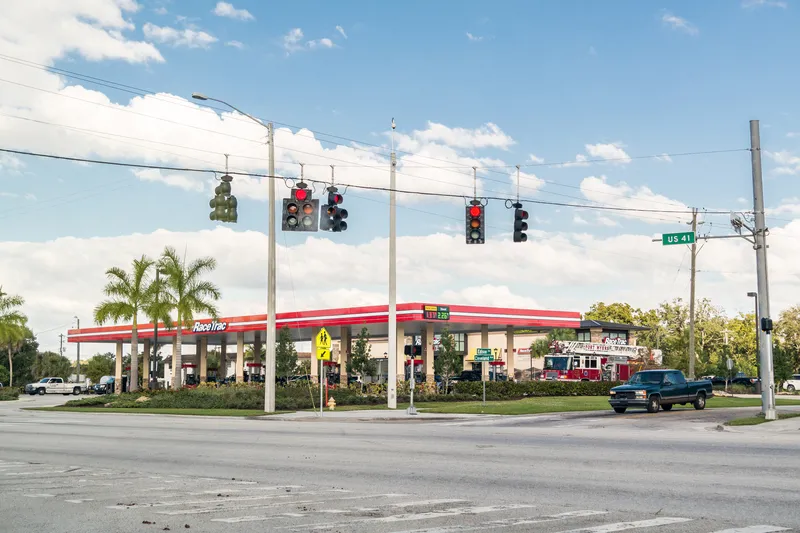
Econolite Systems has been awarded a contract by Lee County, Florida, to design and deploy a traffic signal priority (TSP) solution.
The eight-year, $7.2 million deal will integrate local transit (LeeTran) and emergency services and involves the installation of Econolite’s Centracs Mobility Route Priority, as well as installing 10 new Econolite Cobalt ATCs with next-generation EOS controller software.
This should allow buses to stay on schedule and has the potential to target new riders to public transit, thus easing traffic congestion.
This system will integrate with on-board units required to improve LeeTran service on the busy US 41 Corridor in Fort Myers.
It also integrates with TSP elements within the US 41 Frame project, allowing bus schedules, locations and arrival times to be shared with Lee County’s connected vehicle infrastructure.
Econolite will coordinate and perform system acceptance tests, operational tests and system monitoring for eight years.









